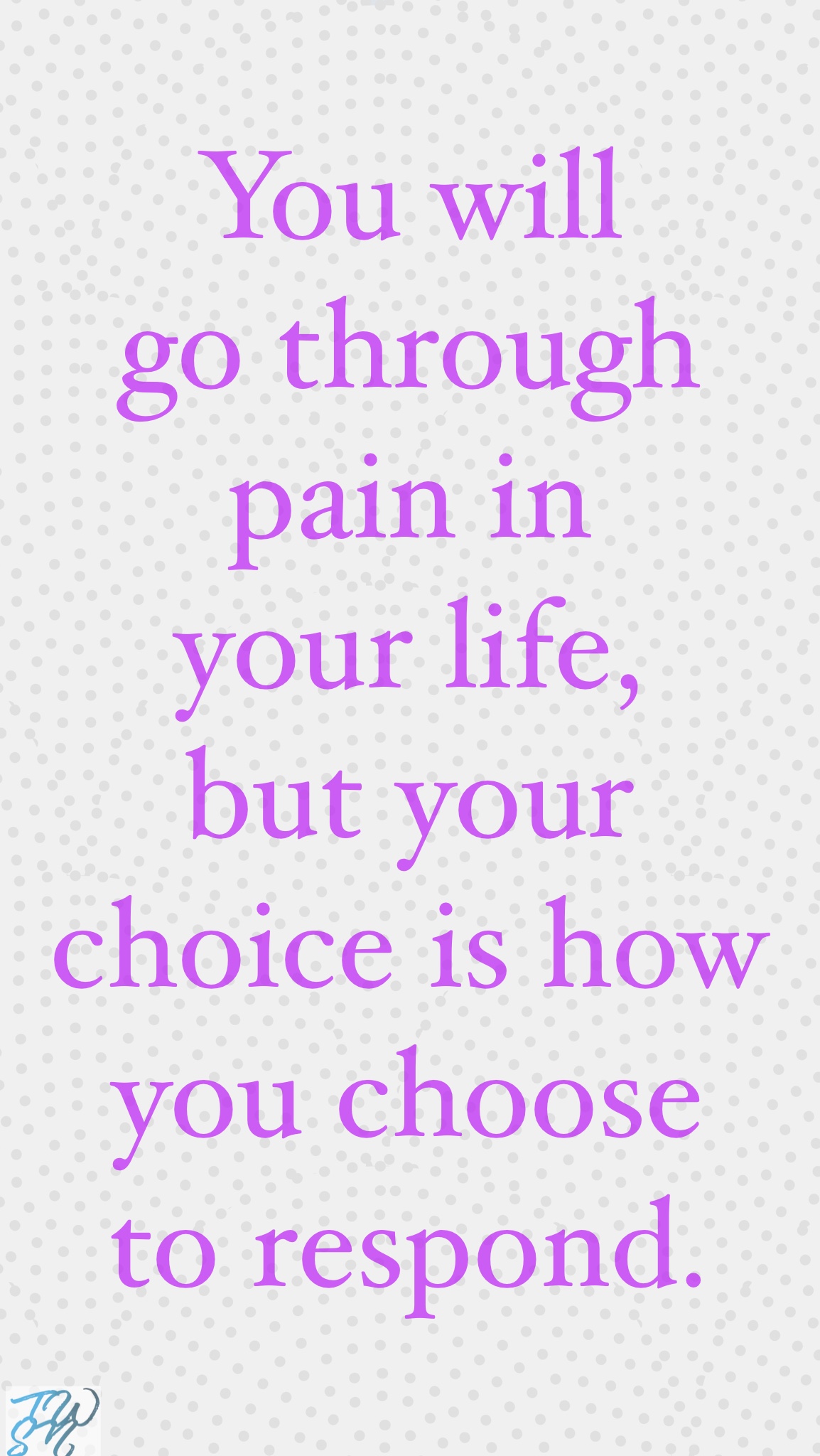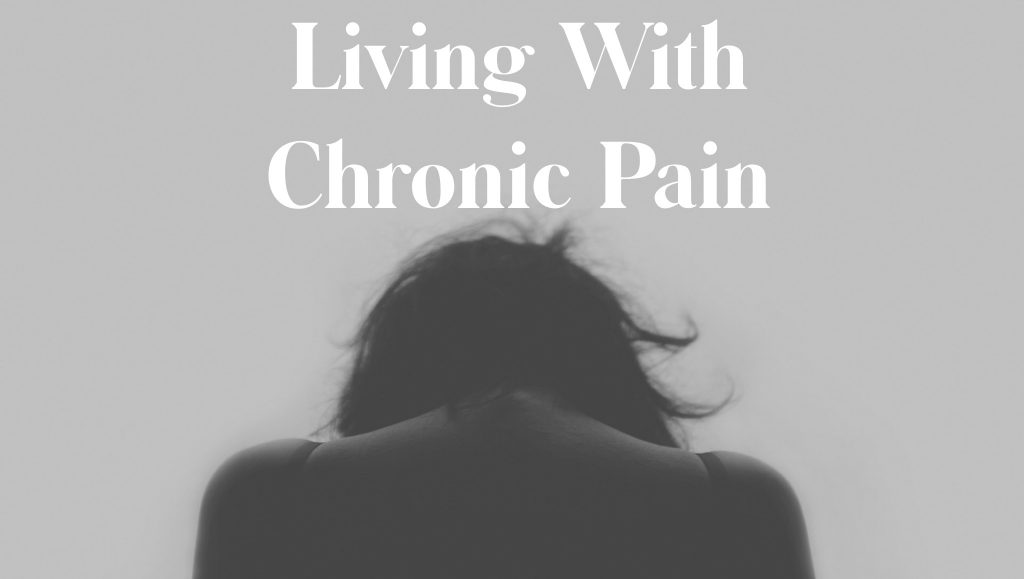Pain is just that, PAIN. It’s hurtful. Millions of people deal with some kind of pain every single day. Whether it be the acute pain of an injury, or the emotional pain of losing someone you loved so dearly. Pain is everywhere and every single person is going to deal with their pain differently. Some will lash out and yell and scream because they feel like no one could ever possibly understand their pain. While others may withdraw and ignore all attempts at contact by their friends and family. There is no right or wrong way for dealing with pain. But what is apparent from living with chronic pain is that how we respond to our pain will dictate how those around will deal with our pain.
I think we often take for granted that we are not the only ones impacted by our pain. It’s easy to assume that since we are the only ones actually feeling the pain that we are the only ones that are affected, and that matter. However, that is just not true, it goes without saying that it is hard for us to live and deal with. But it is also hard for those around us. Our families don’t like to see us struggling or hurting and not have a way to fix it. In most cases they just don’t know how to help or how to make it better, no matter how much they want to. If you try to pet an animal at the zoo and it almost bites your hand off you won’t try to do that again. The very same can be said for humans when someone is going through something hard. If they have reached out and you lashed out at them or completely ignored them chances are they aren’t going to reach out again. So in that sense by not showing up for ourselves and helping our family understand our needs, we can’t expect them to show up for us.
How we show up and respond to the pain we are experiencing is going to dictate how those around us deal. We can’t expect those closest to us to step up and come around if we are constantly lashing out at them. If we show up and are honest about what we are feeling, how we are feeling and what we need, those in our inner circle will be more likely to show up for us. For instance, if you would prefer to be alone during high pain times that’s okay. Just be upfront and let them know so it’s not a shock when you check out. Or if you would like your spouse to take care of the kids for the evening because you just can’t handle anymore, tell them!. Humans are not made to read each other’s minds, (thank the maker) so we shouldn’t expect those around us to just suddenly know what we need. I know it’s easy to feel like no one else can ever understand exactly what you’re going through. To an extent that is true. Someone who hasn’t lost a love one will never understand that pain. Just as someone who doesn’t have a chronic pain condition won’t be able to understand that pain. What they can understand is how that pain makes you feel and what you need to make things better.
In most cases I think it’s safe to say that people just don’t understand pain. Especially chronic pain, they just don’t know what it’s like to live with pain all the time. And we really shouldn’t expect them to. If you can find a way to quantify your pain so they might have an idea, DO IT. Explain to them exactly how you feel when your pain is at its worst. While they won’t be able to understand completely they can get an idea. They will remember that time they had the flu and the aches were so bad and their head was throbbing. They will remember how awful that they felt and have a little bit better understanding of the fact that you feel like that multiplied by fifty most days when your pain is high. Or remind them of the time when they suffered a major loss and experienced some depression. This won’t make them understand exactly how you feel when you are at your lowest point, but they have something to relate to. Having that point to relate to and recall is often what people need to start to understand others pain.

How many times have you had someone ask you “How can I make it better?” Or simply “What can I do?” And responded with something like “I’m okay, I don’t need anything!” By not putting your needs first and speaking up about what you need, how can you expect your loved ones to just magically know. By off putting their question and not being truthful you are doing a real disservice to yourself. In fact by not being open about how others can help you are perpetuating the misunderstanding of chronic pain. I know it’s easier to say that you’re okay and you don’t need anything because you don’t want to worry those around you. But by doing that you are almost making things worse for yourself. If you always just say you are okay or that you don’t need anything you throw away the right to get mad later down the road when that person doesn’t ask how you are or if you need anything.
Living with pain of any kind is hard. No matter if it’s something small that will pass quickly or if it’s going to be around long term. It’s easy to get all wrapped up in what’s going on and forget that those closest to us are hurting too. They may not be able to feel the physical pain of Lupus or the emotional pain of a major loss, but chances are they are hurting for you. Unless we can help ourselves by sharing how we really feel, what we need and want from those people, we can never put any expectations on them. It’s easy to assume that they should just know how to make things better. But in most cases they are just treading water trying to keep their head above water through the next wave. The best thing we can do for ourselves and our families when we are dealing with something is to be upfront and honest by telling them exactly what we want and need. Until we can figure out what will make things better and share that with those closest to us, we can ever expect anyone else to know for us.
With Love,
Amber




I agree with author’s words that not everybody can understand pain and know how to respond it. It is really important to know yourself and control your mind, not to let feelings control you.